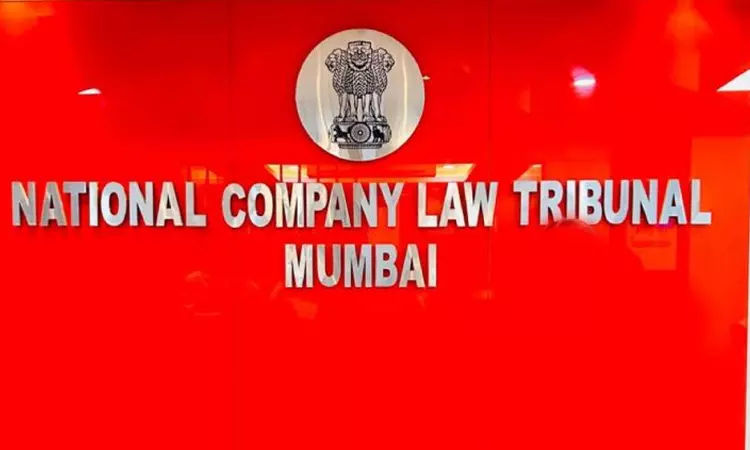The National Company Law Tribunal, Mumbai bench of Kuldip Kumar Kareer (Judicial Member) and Anil Raj Chellan (Technical Member) had held that directing Corporate Debtor to seek resolution through civil courts or arbitration for even admitted dues would undermine the objectives of the Insolvency and Bankruptcy Code. Brief Facts: NTPC Limited (Respondent) issued two work orders...

